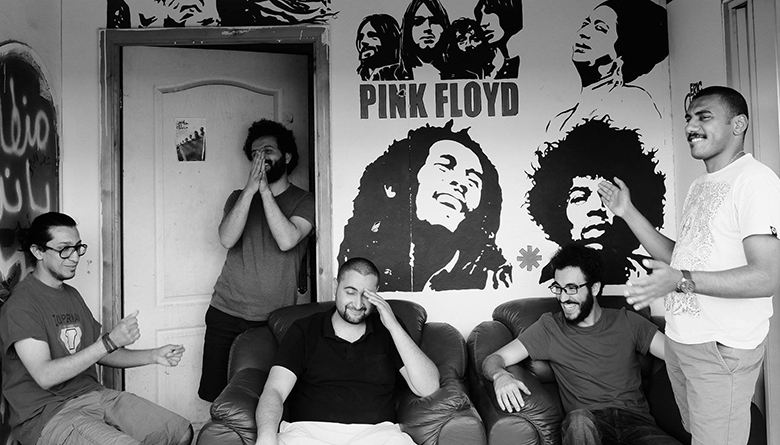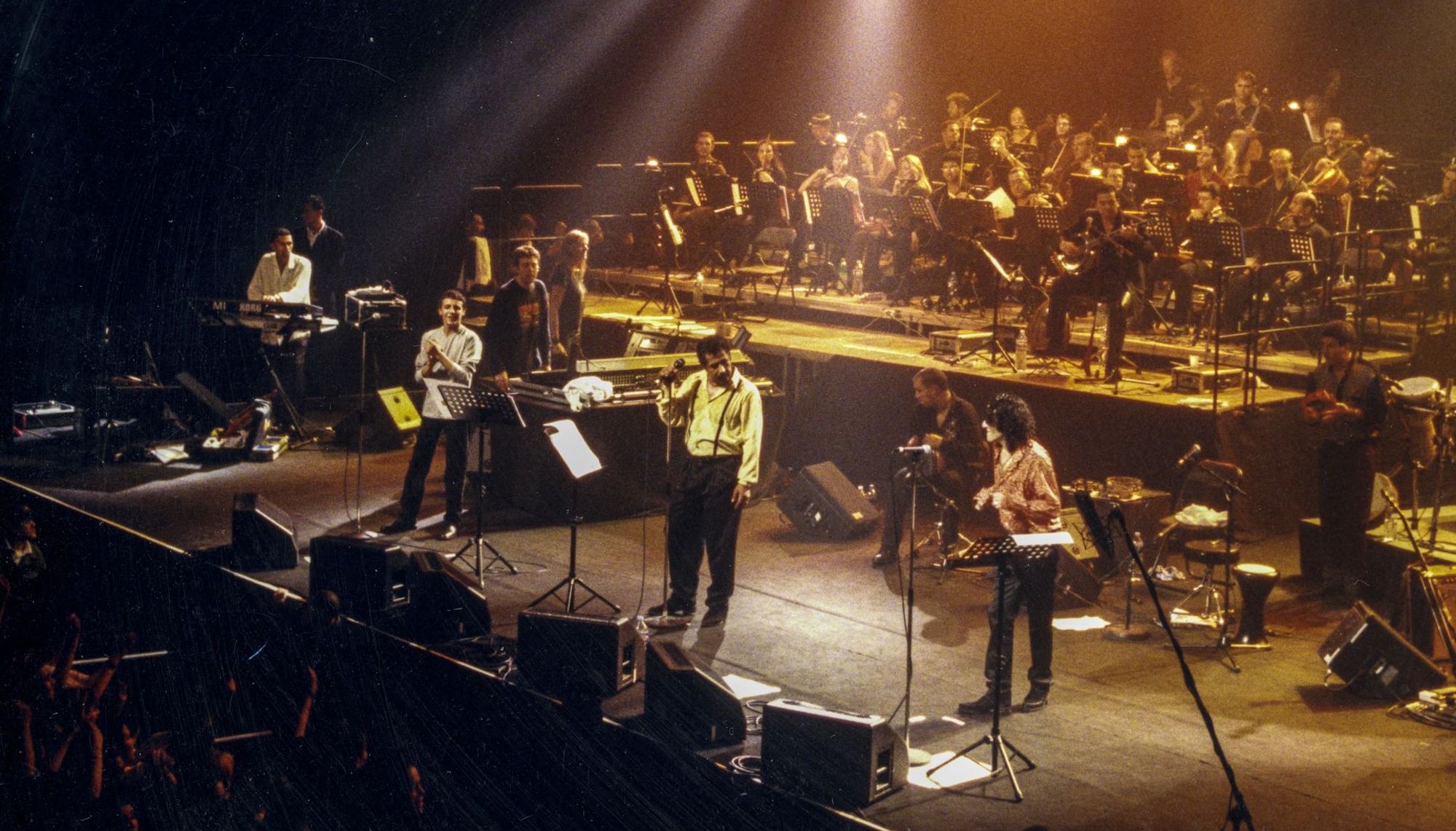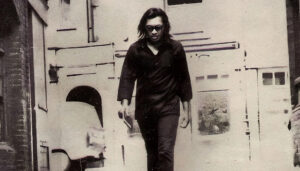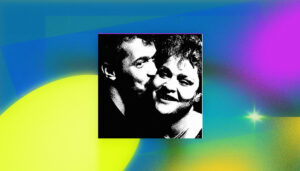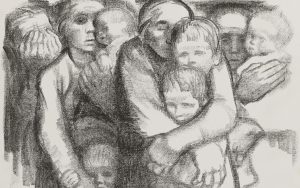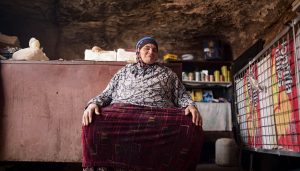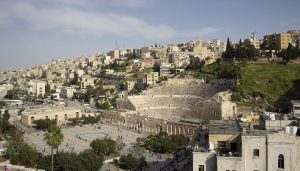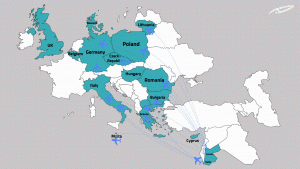By Tugrul Mende
When six young Jordanian musicians came together to form the band “Ayloul”, it wasn’t only their passion for music that drove them, but also a sense of responsibility towards their hometown, Irbid.
Irbid is Jordan’s second largest city, and lies 20 kilometers south of the Syrian border. The band members, who met while studying at the Jordan University for Science and Technology, say they felt obligated to bring new energy to their hometown, which lacked a modern music scene.
Ma’in Mheidat, who plays the keyboards, admits that finding suitable venues outside the capital is difficult. “Irbid does not really have venues where we could perform in front of an audience,” he says. “Either we are playing at a restaurant or in a very small place, but we still try to find a suitable venue to perform there regularly and not only in Amman.”
Amman plays host to some venues which are devoted to showcasing the talents of the region’s independent and underground acts. Ayloul, along with fellow Jordanian rock band Akher Zapheer (Last Exhalation) recently performed at “Bala Feesh”, which describes itself as a “place for the free expression of music.” It is a series of small intimate concerts curated by fellow Jordanian singer-songwriter Hana Malhas.
Today, only one of the band members still lives in Irbid, while the other have moved to Amman. They choose to rehearse in Amman because most of them are working there now.
You Can’t Escape Politics
Ayloul’s music often engages with the political and social challenges that their homeland faces, chief among which is the arrival of thousands of refugees from Syria. One of their song entitled Lahn Baseet (A Simple Melody) narrates how war and political struggles are ravaging the region.
They write their songs in Arabic and draw on a wealth of musical backgrounds and genres, but Pink Floyd is also one of their sources of inspiration.
One of their first singles, Nazel al-Ghor (Going to the Jordan Valley), released in July 2014, has a funky sound that tells the story of the political and agricultural decisions that have impacted the Jordan Valley.
Although Ayloul’s music at times touches on political and social issues, they do not consider themselves a political band. “We are not practicing politics, but we are concerned with these issues in our songs because it is part of our lives,” Mheidat says. One would expect that a band that writes critically about politics would get into trouble with the authorities but until recently they did not face any difficulties.
The famous Lebanese band Mashrou’ Leila was recently banned from performing in Amman because of their controversial lyrics, although the ban was lifted after a strong media reaction. Mheidat says that Ayloul recently faced a challenge with censorship when a sponsor refused to fund a planned concert after reviewing the band’s lyrics.
How it all started
It was three years ago in September when they first performed at the Amman Art Festival. Ayloul consists of Yusser al Zou’bi (violin), Ra’ed al-Tabari (lead guitar/vocal), Mounif Zghoul (guitar/vocal), Ma’in Mheidat (keyboard), Khalid Takrouri (percussions) and Methgal Al-Shammary (drums). Mheidat says he liked how well they played together and how positively the audience responded to their songs. They performed for the first time in front of an audience and experienced how the audience reacted to their music.
This concert was one of the reasons they chose the name Ayloul, which means September in Syriac. “We performed in that month for the first time in front of an audience at the Amman Art Week,” Mheidat says, “and most of the important milestones for the band happened in September.”
Since then, Takrouri and Al-Shammary left and two new members joined: Hayyan Juqqa on drums and Abdel Fattah Terawee on bass guitar.
Ayloul are part of a second wave of bands experimenting with indie rock in Arabic. Their style might be similar to JadaL (whose name translates to “controversy”), who in 2009 released their genre-defining album “Arabic Rocks”.
Funding and making a living from music remains very challenging in Jordan, as it is elsewhere. The post-rock band El-Morraba3 (The Square) took three years after the band was formed to release their eponymous debut album, and JadaL took six years to realise Arabic Rocks. El-Morraba3 launched a crowdfunding campaign to finance the production of their second album, yet to be released.
Ayloul are working on their first album and going through various funding options. For them the most important thing is to have complete artistic freedom over the material that they want to produce. While they are still a young band, they don’t want to get dependent and compromise this. They hope to release the album later this year or early next year, Mheidat hopes maybe even in September.
* Photo credit: Ayloul’s Facebook page.
